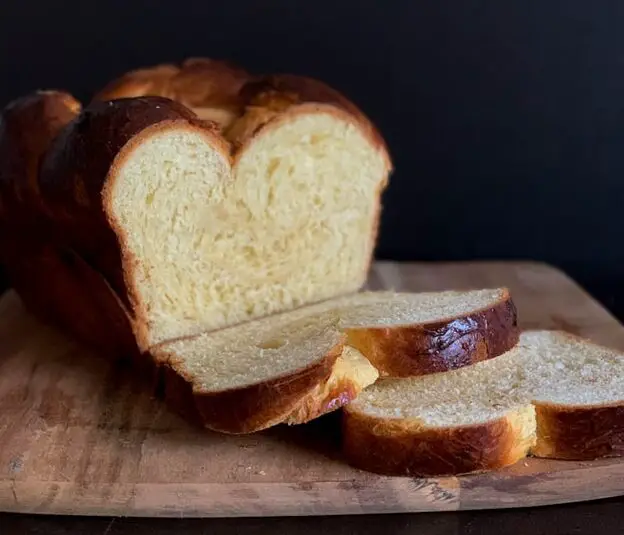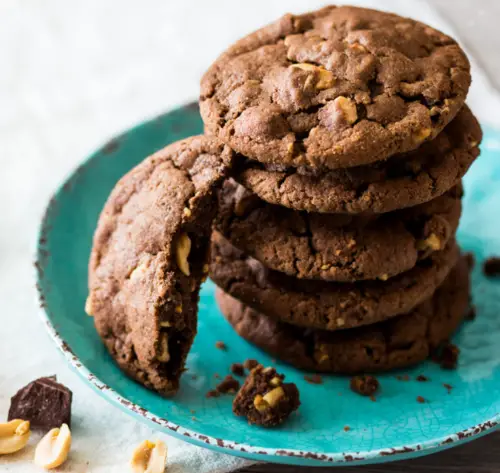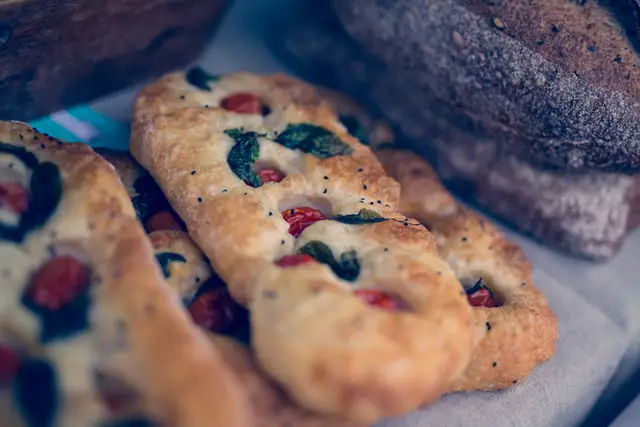Brioche bread is one of my all time favorite, because it has butter, butter and more butter. It is one of those bread that is rich, and yet so light and fluffy that it just melts in your mouth. However, it is also one of the more challenging bread to make at home.
The most common reason why your brioche dough becomes too wet is primarily due to an imbalanced moisture to dry ingredient ratio. Precise measurements using a scale are crucial in baking. Recipes that specify ingredients in cups or give vague descriptions can lead to inaccuracies in the ingredient ratio.
Too much water in the dough
As mentioned above, the most common cause for why brioche dough is so wet, is the wet to dry ingredient ratio. There is simply too much moisture in your dough.
Using a measuring scale is a must when baking. I usually avoid recipes that calls for ingredients in cups. With brioche dough, ingredients that are precisely measured is key.
Have you ever come across recipes that says use 2 cups of flour. I always wonder, should I tightly packed the flour in a cup, and sift the flour into the cup. Both of these will result in different weight, when measuring it with a scale.
Even with the eggs, sometimes, the recipe will mention to use 4 eggs. But are they big or small eggs? All these will result in different ratio.
This is why, sometimes, even when you follow a recipe to the T, you might still end up with a wet dough.
Dough Not Kneaded Long Enough
Sometimes, it may seem like you have a wet dough after you have added all the butter, but if continue to knead, it will stretch, develop gluten and firm up over time. As always, when it comes to kneading dough, I like to set a timer to 10 mins, and just knead until the timer is up. This should usually be enough to pass the windowpane test.
I highly recommend this video on how to knead a wet dough.
What happens if the brioche dough is still too wet?
At this point, if you try kneading as mentioned above and it is still too wet, then it is time to add some flour. You should add flour slowly, a table spoon at a time, and continue to knead.
It is important to make sure that you don’t add too much flour, until the dough is too dry. This will result in a brioche that is heavy and dry.
I usually prefer to have a wetter dough compared to a dry dough. At least when baked, it will still be soft instead of dry and hard.




